
By Paulo N Rabanal, ACCRA Law
According to the World Economic Forum’s Global Gender Gap (GGG) Report conducted in 2016, the Philippines is the most gender-equal country in the Asia-Pacific region, having closed nearly 79 percent of its gender gap. The GGG Index ranks 144 countries on the gap between women and men based on indicators such as economic leadership, workforce participation, education, political leadership and health-related factors.
This may be attributed to the principle embodied in the 1987 Constitution recognising “the role of women in nation building and [ensuring] the fundamental equality before the law of women and men”. Pursuant to this, there has been much effort to ensure that equal opportunities are given to men and women employees. This is evident in labour and social legislation, where a number of laws and government issuances afford women not only equal opportunities with men, but also more protection and safeguards.
For example, under the Labour Code, specifically under “Working Conditions for Special Groups of Employees”, a separate chapter discusses the special circumstances to be considered in the employment of women. Article 130 of the Labour Code requires that certain facilities are required to be provided for women to ensure their safety and health. Articles 133 to 136 provide safeguards for women employees by, among others, declaring acts of discrimination against women and certain prohibited acts, as unlawful.
Likewise under Article 158 of the Labour Code, measures shall be taken to ensure the well-being of women workers who are pregnant and are allowed to engage in night work. Additionally, employers must provide women workers an alternative to night work before and after childbirth for a period of at least 16 weeks weeks. To protect the security of tenure of women workers contemplated in this article, the law provides that they cannot be dismissed except for just and authorised causes that are not related to pregnancy, childbirth and childcare responsibilities.
Further, the law grants women a maternity leave. Although men employees are likewise granted a paternity leave, there are substantial differences between the two benefits. Maternity leave is available to women employees regardless of civil status, while the paternity leave is only available to men employees who are married. The more notable difference is the leave period, as the maternity leave may be for a maximum period of 60 or 78 days, while the paternity leave is only up to seven days maximum. On top of this, the Senate has recently approved Senate Bill 1305 or the “Expanded Maternity Leave Law of 2017”, which seeks to extend the grant of maternity leave to 120 days. In addition, women employees are granted special leaves under Republic Act No. 9262 or the “Anti-Violence Against Women and Their Children Act of 2004” and under Republic Act No. 9710 or “The Magna Carta of Women”.
On August 25, 2017, the Secretary of the Department of Labour and Employment issued Department Order 178-17 (DO 178), which aims to address the health concerns encountered by employees whose jobs require continuous standing or frequent walking. Under DO 178, companies are banned from mandating their women employees to wear shoes with more than 2.5cm high heels, making the Philippines the first country in Asia where the mandatory wearing of high-heeled shoes is banned.
Finally, there are a number of pending bills in the Congress that aim to strengthen the curb on discrimination against women in the workplace by seeking to expand the prohibited acts of discrimination.
While the strides towards gender balance are commendable, it is important to consider, however, the other side of the scale, ie the employers, so as not to grant protection to women employees to the extent of giving overbalanced or preferential treatment. The requirements provided by the law may be too burdensome for the employers that they may think twice before hiring women employers. In pushing for more benefits and protection favouring women workers, a possible backlash may occur and diminish the hiring of women employees, effectively running counter to the intention of the law. As such, there is nothing wrong with coming up with more legislations favourable to women, but it is also imperative that a careful contemplation on the implications of such must first be done.
This article first appeared in Business World, a newspaper of general circulation in the Philippines.

T: (632) 830-8000
F: (632) 4037007, (632) 4037008





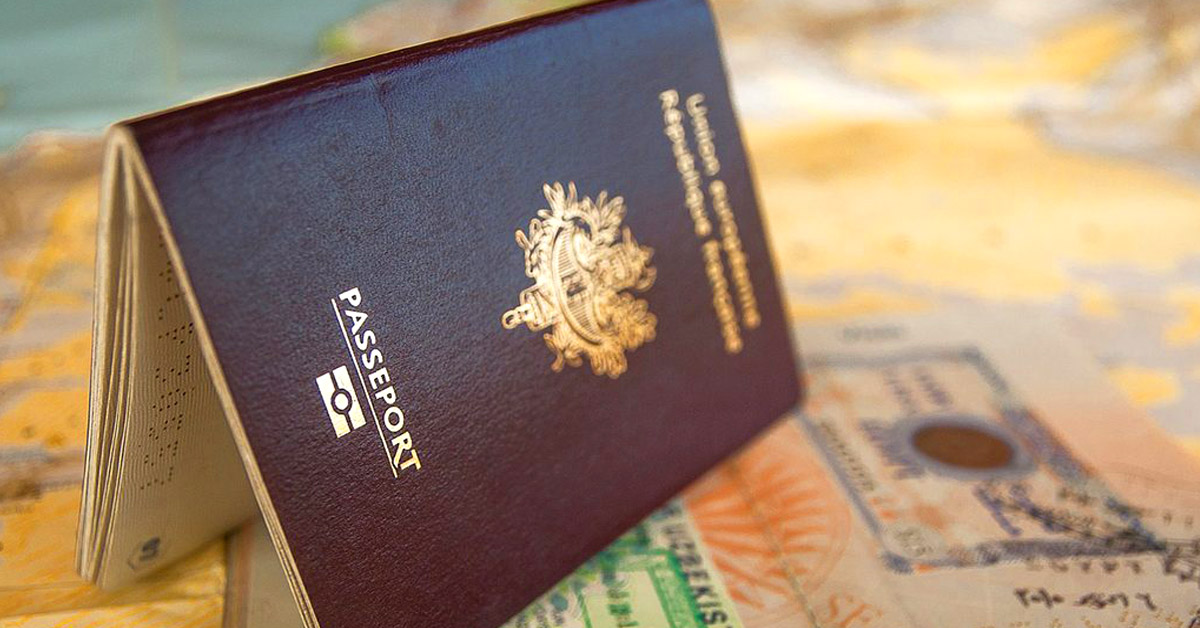
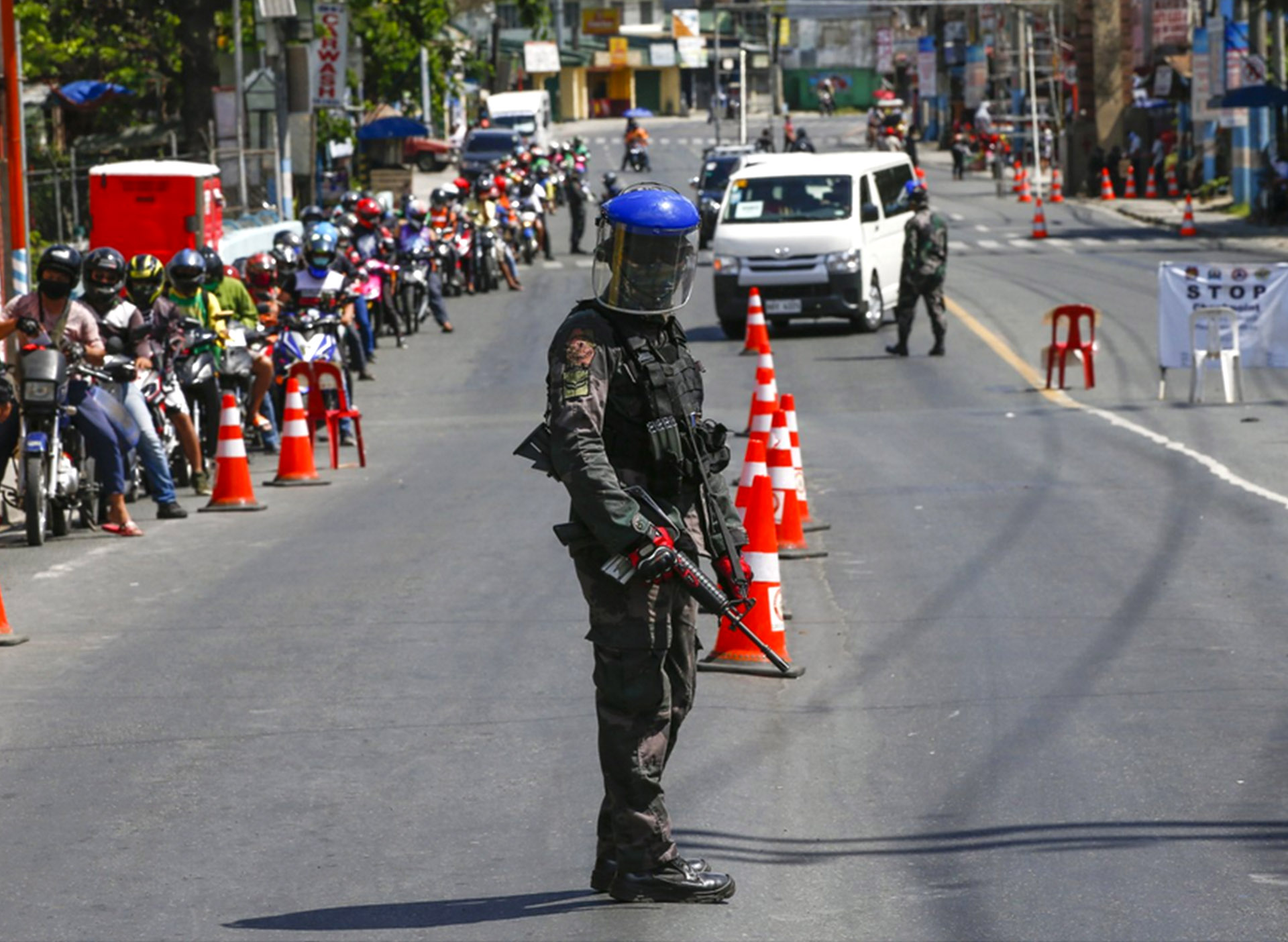








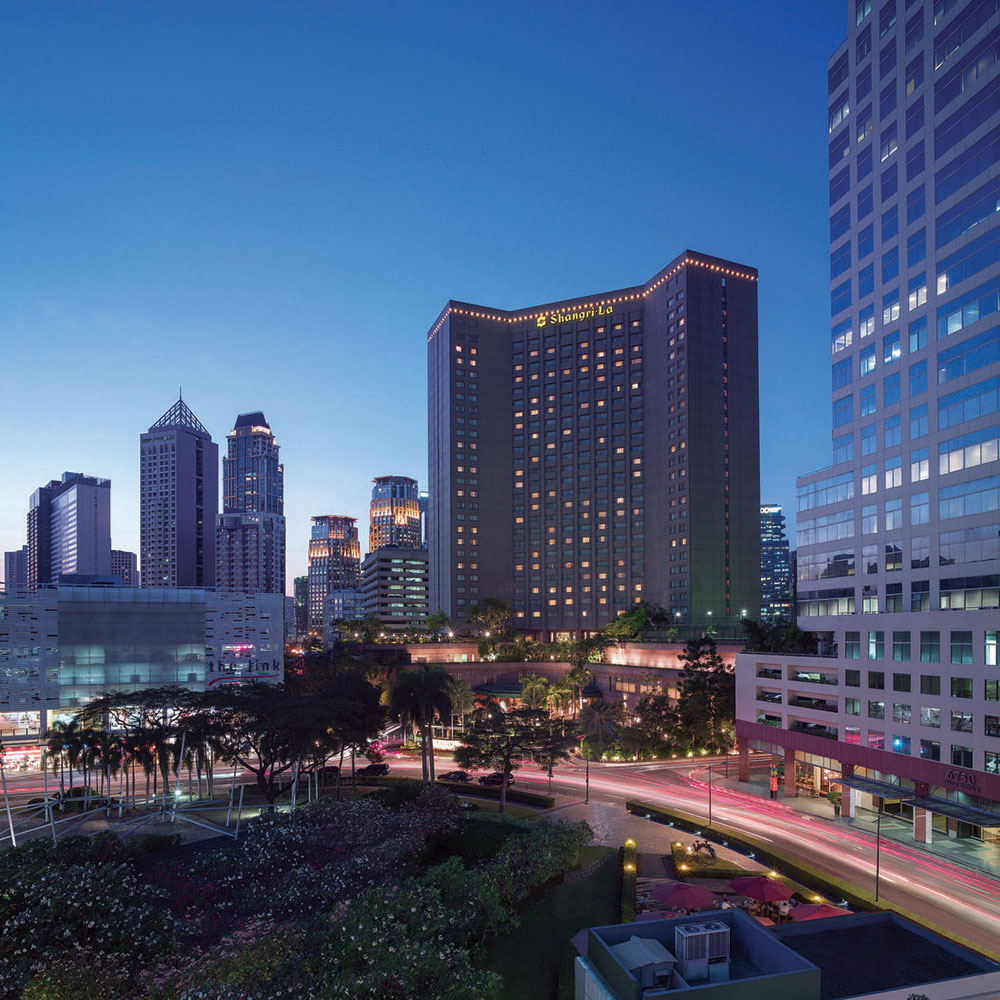



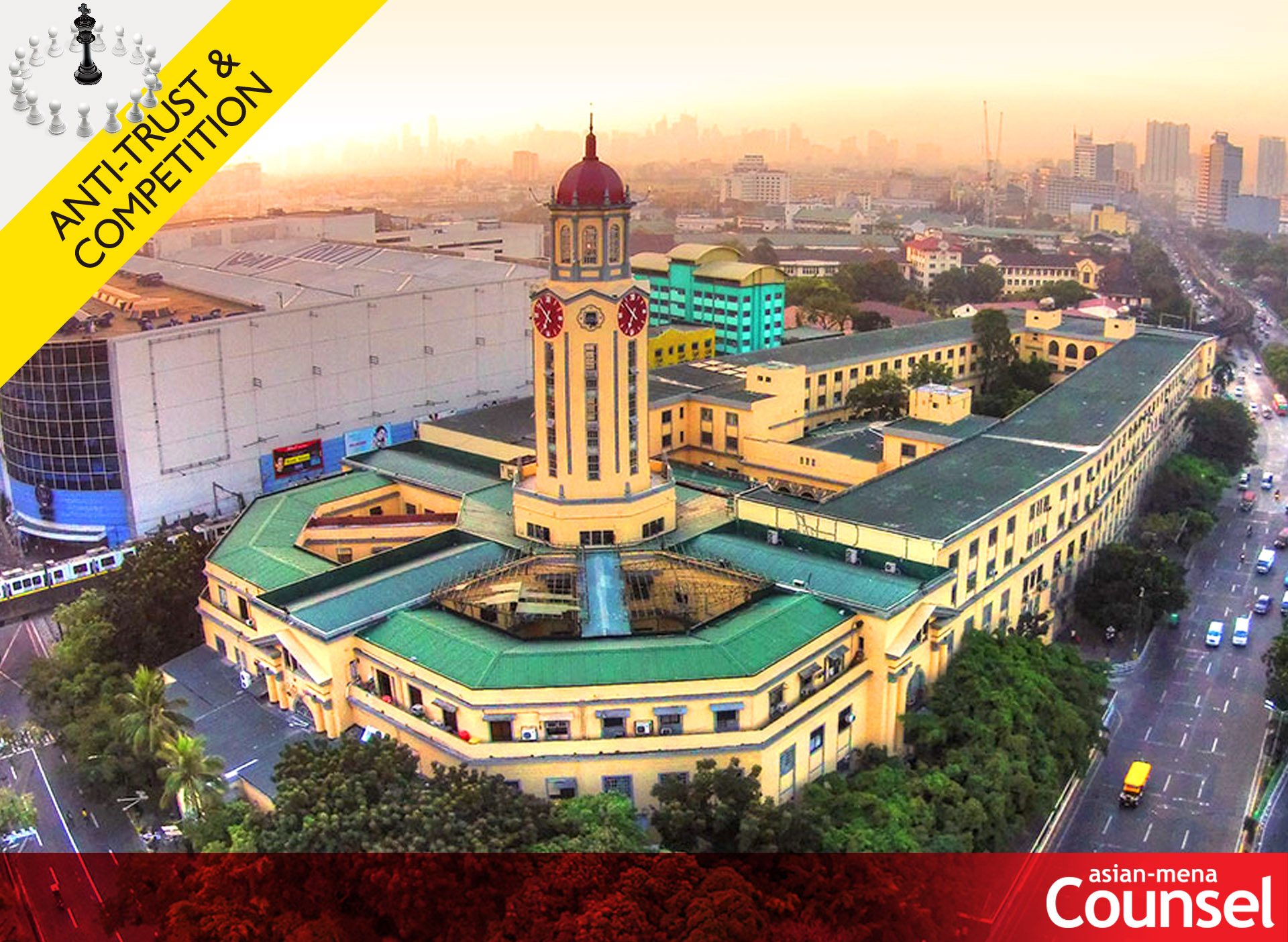











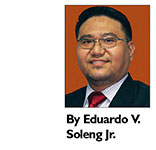
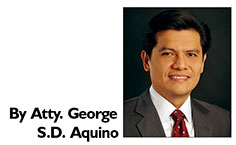









 Angara Abello Concepcion Regala & Cruz Law Offices (ACCRALAW)
Angara Abello Concepcion Regala & Cruz Law Offices (ACCRALAW)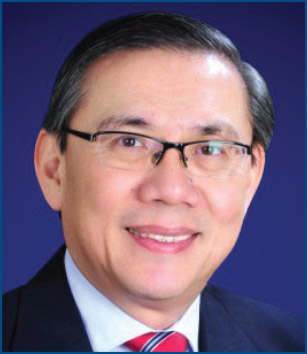 Emerico O. De Guzman
Emerico O. De Guzman







